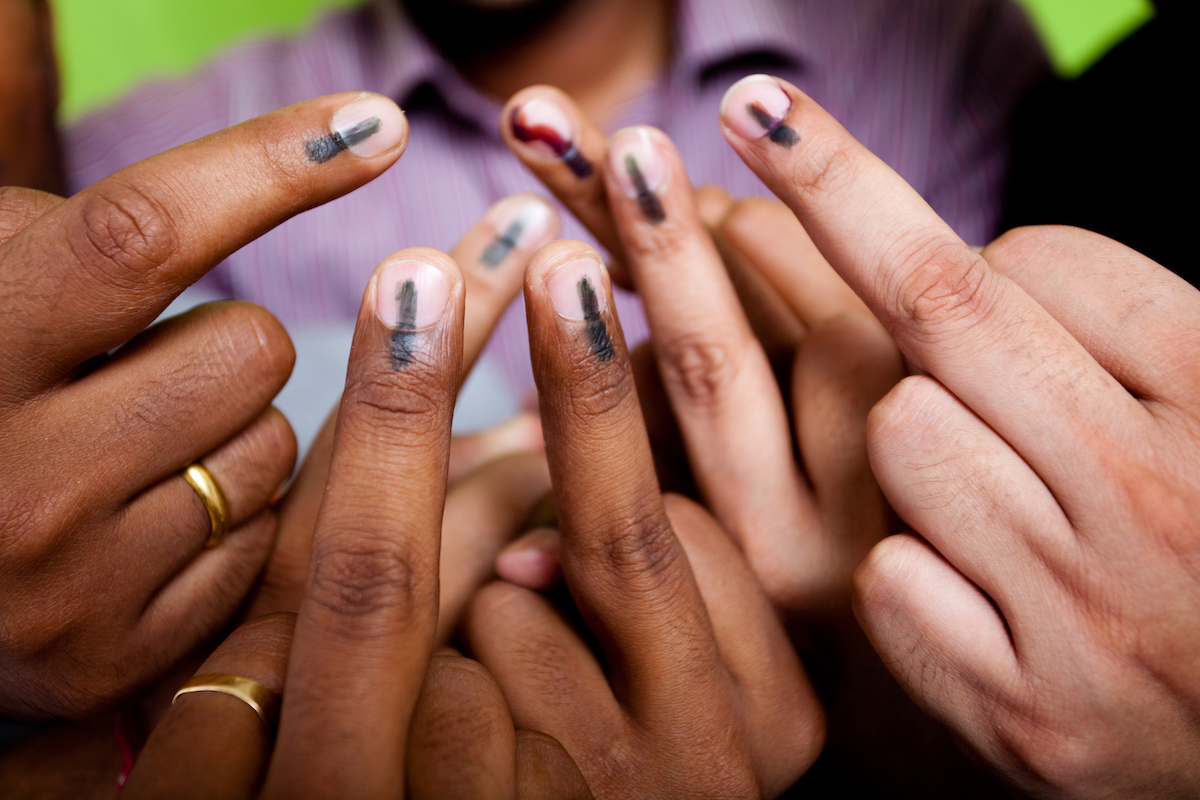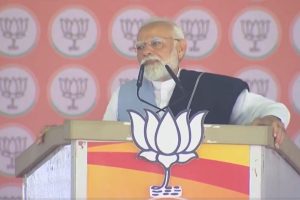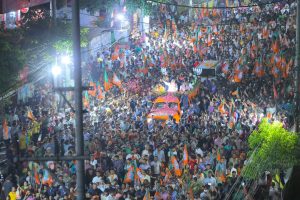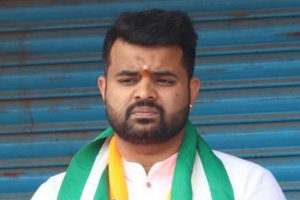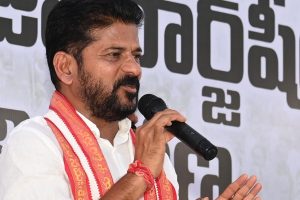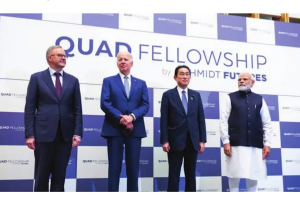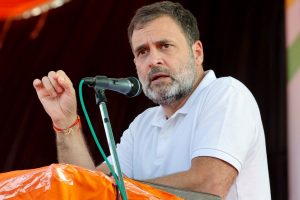There has been sudden attention to women voters in this Lok Sabha election. Political parties in West Bengal, both the ruling and the main opposition parties are wooing women voters. But, this is not surprising, considering women voters constitute nearly 50 per cent of West Bengal’s electorate. Political scientists say they are pivotal for winning polls.
There is no doubt that TMC’s outreach schemes like Lakshmir Bhandar, Rupashree, Kanyaahree, Swasthya Sathi have been widely accepted by the people. The party is now trying to consolidate these votes. Sandeshkhali is being developed as a counter narrative by the opposition. The one, who manages to counter the government, will do well, feels Prof Imankalyan Lahiri of Jadavpur University.
Prof Asis Mistry of Calcutta University cites the Lokniti-CSDS suggesting the important role played by women voters post-2021 Assembly polls.
“Women voters in the next ten years would almost be at par with male voters.
In the last Assembly election, the Trinamul got more than 50 per cent of vote share, which changed the scenario for them completely. Sandeshkhali-like incidents are happening elsewhere. And BJP has very close observation on these incidents. They have the machinery to play it up. But it is about the timing, when to play up which issue, that is crucial. BJP knows that the policies for the women by the state are doing well and it would not work if they created a counter narrative. In the last election, women not only voted in large numbers but also voted differently (from their male counterparts).
Presidency University professor Zaad Mahmud feels there are a couple of larger political developments occurring in the state. “The concept of partisan voters is changing. The same people are now voting differently in the panchayat, Assembly and Lok Sabha polls. Another change is that women voters are no more voting in accordance with the choice of men in the family. So, women have emerged as a separate voter base,” said the Presidency University professor.
Another factor, which may play a crucial role in the polls is the first-time voters, of whom, close to 81 per cent are female voters.
Prof Zaad says it would be interesting to decipher if an upper caste woman in urban area and upper caste woman (poor) in rural area vote similarly. “For the rural women, the govt welfare schemes resonate very high while for the educated working women, industrialization is a bigger issue. There is a contradiction in them — the corruption and less job creations on one side and they being beneficiaries, on the other,” said the political science professor.
Prof Asis Mistry feels that the TMC has well established a client-patron relationship, which will help them. Meanwhile, Prof Imankalyan feels the girls, who have benefited from the government schemes on education and higher education, will be voting for the first time.

